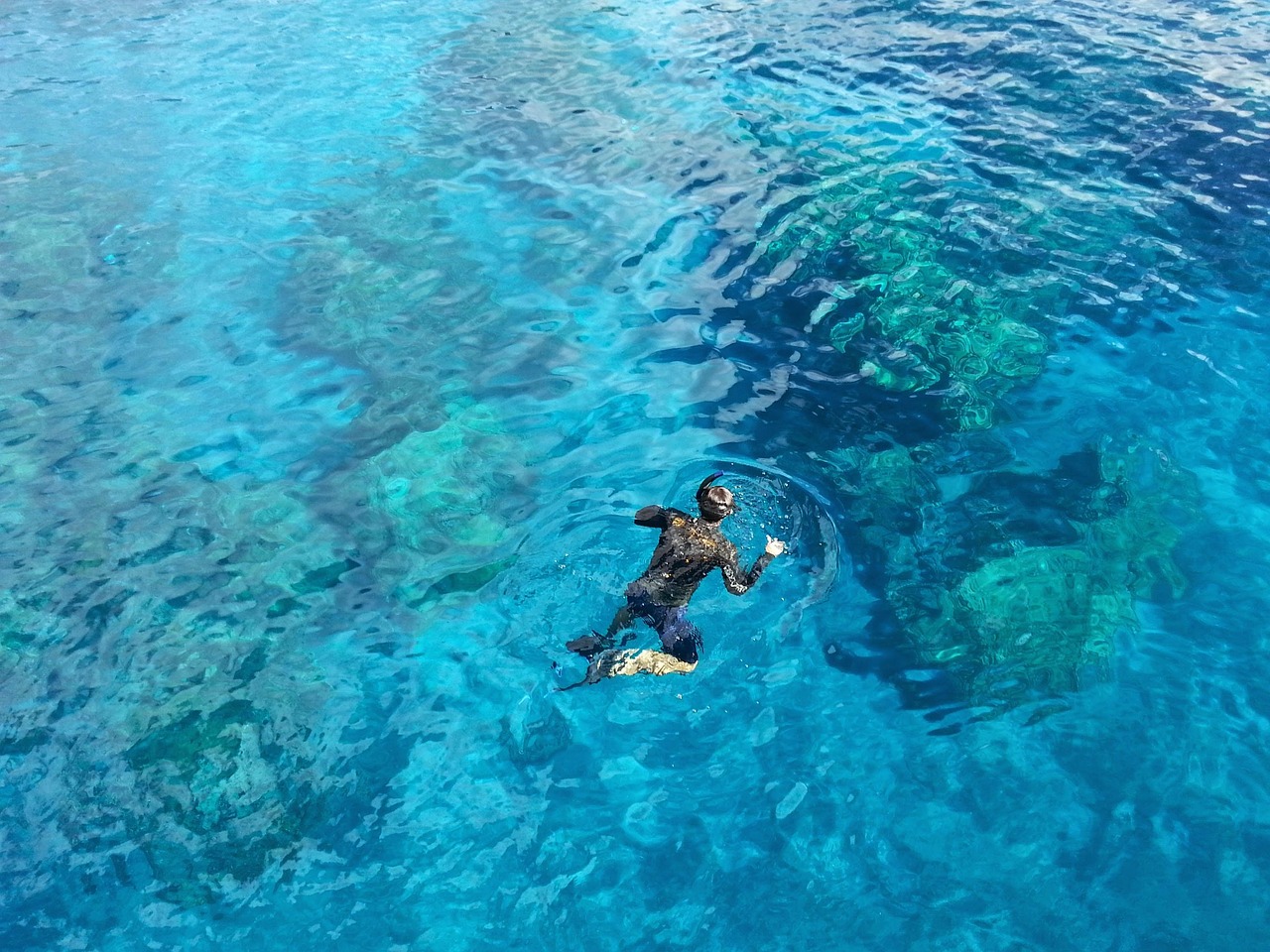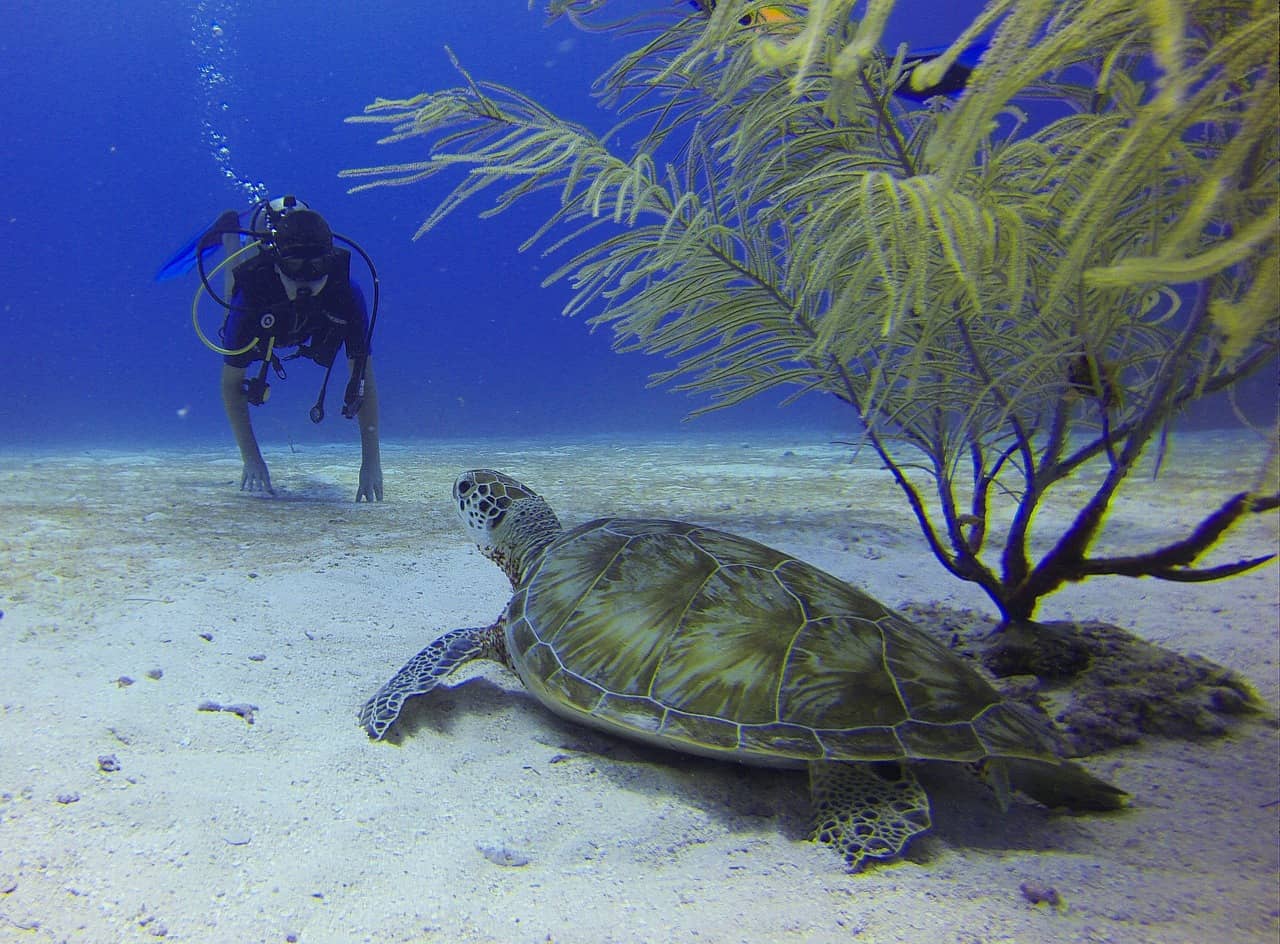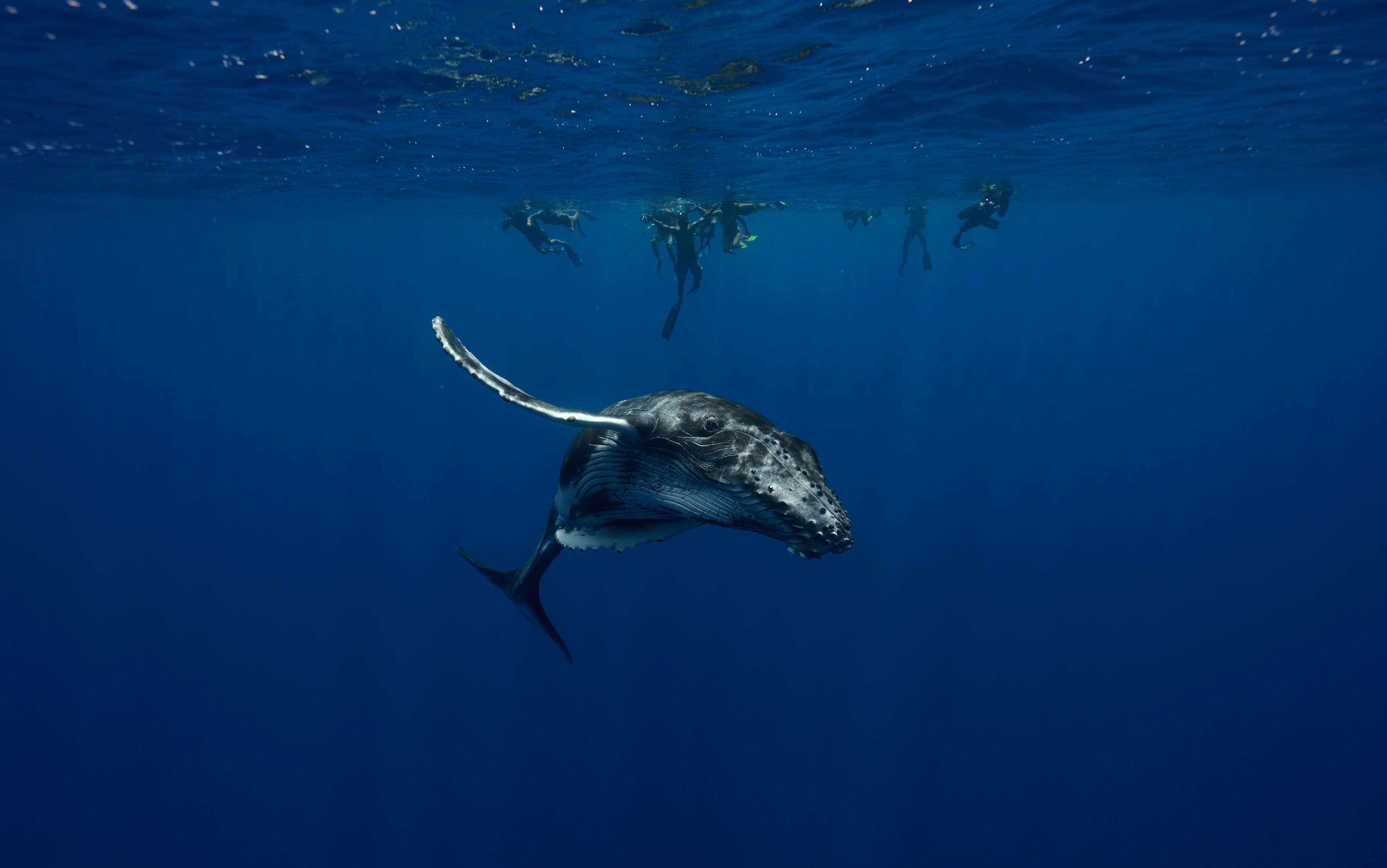Wildlife tourism has become a powerful force for conservation and economic development worldwide. As travelers increasingly seek authentic experiences that connect them with nature, the opportunity to observe animals in their natural habitats has become a significant driver of global tourism. This article explores the importance of wildlife tourism and its impact on conservation efforts, local economies, and environmental awareness.
Conservation Through Tourism
At its best, wildlife tourism does more than provide memorable experiences. It also helps fund research, habitat protection, and anti-poaching programs. For many marine parks and protected areas, income from visitor fees is a major lifeline.
A single whale shark, for example, can generate over $2 million in tourism revenue over its lifetime—making each animal far more valuable alive than caught. Healthy coral reefs also attract divers and snorkelers, bringing much-needed income to coastal towns and cities. The result? When local communities profit from thriving ecosystems, they often become some of the strongest voices for conservation.

Economic Benefits for Local Communities
Wildlife tourism isn't just good for animals—it also boosts standards of living in remote and coastal areas. Guides, boat operators, hotel staff, small business owners, and local artisans all benefit from a steady stream of visitors eager to connect with nature.
In countries like Kenya, Costa Rica, and the Maldives, wildlife-based tourism contributes significantly to the national economy. Jobs are created, and money flows into places where other industries might be limited. This can help communities transition from activities that harm wildlife to those that protect it.
When done right, wildlife tourism can create a positive cycle: protecting wildlife boosts the local economy, which strengthens local support to keep wildlife safe for future generations.
Raising Environmental Awareness
Perhaps one of wildlife tourism's greatest successes is turning visitors into conservation advocates. An in-person encounter—like seeing a sea turtle hatch or snorkeling alongside a playful pod of dolphins—can spark emotional connections that last a lifetime.
Tour guides are key in this educational process. They can explain why certain species are endangered, how ecosystems function, and what threats animals face. Many tours now include short lessons or Q&A sessions, so visitors leave not just with great memories, but also a clearer idea of how to help preserve the wild places they've seen.
Challenges and Responsible Practices
Wildlife tourism can be a double-edged sword if it isn't managed responsibly. Too many tourists, or poorly planned tours, can disturb habitats and stress out the animals. Ethical wildlife tourism follows strict guidelines: keep a safe distance, avoid fragile breeding sites, and never feed or handle wild animals.
Several organizations certify tour operators who meet these standards, making it easier for travelers to recognize eco-friendly choices. Doing a bit of research before booking can make all the difference in ensuring wildlife is treated with respect.
The Future of Wildlife Tourism
With growing environmental awareness, the demand for meaningful wildlife experiences is on the rise. That's a good thing for conservation!
When everyone does their part, wildlife tourism can be a major force for protecting species and their habitats. By giving tangible economic value to living animals and healthy ecosystems, tourism provides strong incentives to preserve them. It also deepens visitors' appreciation for the planet in a way that no screen can replicate.
As travelers, we can help by picking responsible operators, following simple wildlife etiquette, and spreading what we learn to others. Together, these small steps ensure wildlife tourism remains a win-win for both people and nature.

Sources
- Whale Shark Tourism Fact: Marine Megafauna Foundation, World Wildlife Fund
- Economic Contribution in Kenya: Kenya Wildlife Service
- Economic Contribution in Costa Rica: Costa Rica Tourism Board
- Maldives Marine Conservation: Maldives Ministry of Tourism
